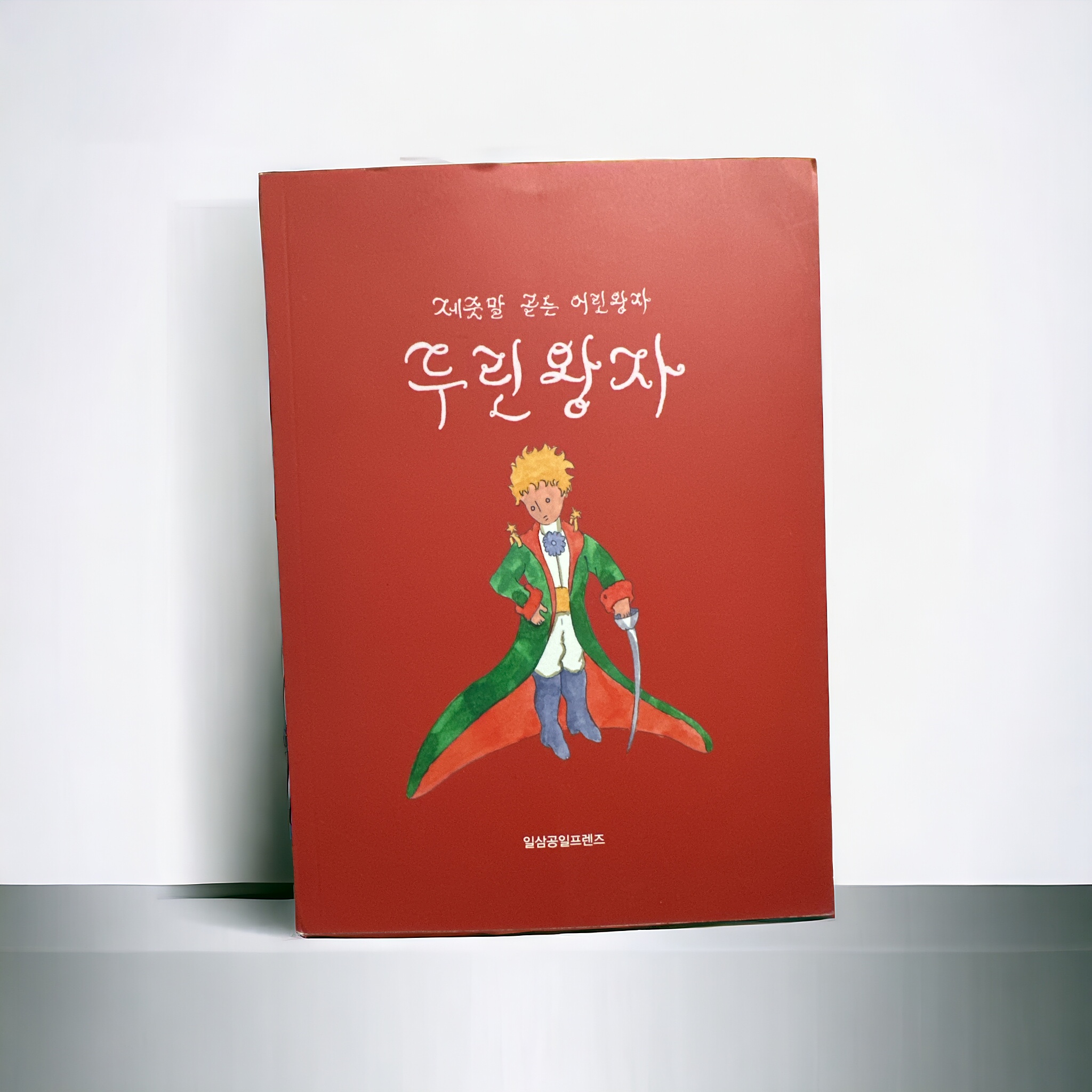
Prince Jujeon — in Jejuan.
The Jejuan, also known as Jeju language or Jejueo, is a unique language spoken on Jeju Island in Korea. It is distinct from other Korean dialects in several ways and so considered as e a separate language.
Key differences between Jejuan and Korean:
- Vowel Inventory: Jejuan has a larger and more conservative vowel inventory compared to Seoul Korean.
- Verbal Paradigms: Significant differences exist in the verbal paradigms of Jejuan and Korean. For example, the continuative aspect marker in Jejuan and certain mood or aspect distinctions in many Jeju connective suffixes are absent in Standard Korean.
- Lexicon: The Jejuan includes many Middle Korean words that are now lost in Standard Korean. Additionally, it has loanwords from Japanese, Chinese, Manchu, and Mongolian.
- Formality and Honorifics: Unlike Korean, Jejuan lacks formal and honorific language but preserves older words no longer used in Korean.
- Mutual Intelligibility: Jejuan is not mutually intelligible with even the southernmost dialects of South Korea. In a survey, Korean speakers from different dialect zones showed a very low comprehension of spoken Jeju.
- Historical and Cultural Background: Jejuan development was influenced by the island’s isolation from the Korean peninsula for much of its history.

The language was significantly affected by events like the Jeju Uprising of 1948, the Korean War, and the modernisation of South Korea. Today, most fluent speakers of the Jeju dialect are over seventy years old, and the dialect is considered critically endangered by UNESCO.


